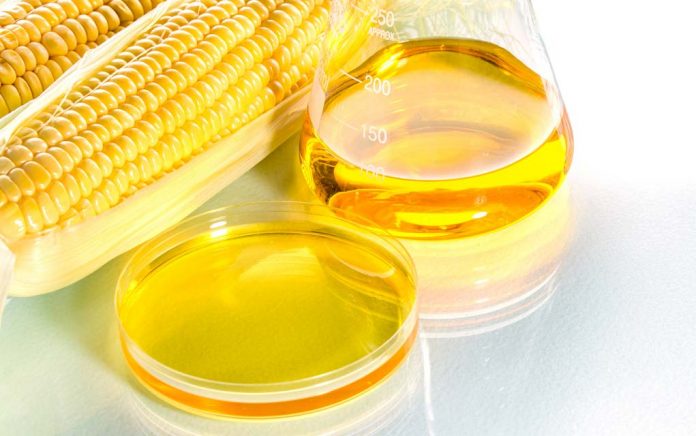
What happens when you have a product that gets a lot of bad press, and is associated with significant health issues? You change its name so people are “fooled” into thinking the old product is gone. That is what happened with high-fructose corn syrup (HFCS).
If you've been a reader on our site for a while, then you probably know that HFCS is on our Scary Seven list of ingredients. It should be avoided at all costs because it can lead to insulin resistance, obesity, and heart disease. In fact, a recent report from an international team of experts noted that “fructose-containing added sugars, such as sucrose and high-fructose corn syrup, have been experimentally, epidemiologically, and clinically shown to be involved in the current epidemics of obesity and diabetes.” So what I’m about to tell you makes HFCS a bit scarier.
The Food and Drug Administration is allowing food makers to change the name of HFCS to something that sounds safe: “natural sweetener.” So now when you read a food label and no longer see "high-fructose corn syrup" listed in the ingredients, you might think you’re home free…but keep reading…because you're now likely to see the words “natural sweetener” instead. That’s the NEW name for HFCS, which contains about 42 to 55 percent fructose and 58 to 45 percent glucose.
Read about 6 surprising places you’ll find high fructose corn syrup
You also may see the word “fructose” on the label. This is the term now being used to describe a product that was known previously as HFCS-90 (90% fructose). Since fructose is found naturally in fresh fruits, use of this term makes the food item sound much healthier, which it is not! The fructose in fruits is accompanied by vitamins, minerals, fiber, and enzymes; the fructose that’s added to processed foods (that is really HFCS) is not.
So if you see a product with the words “fructose” or “natural sweetener” on the ingredient panel, it could be high-fructose corn syrup in disguise. If you find this in your favourite products, you have a few choices: you can contact the food manufacturer and ask whether high-fructose corn syrup is still being used in their product, you can buy products only from makers you trust are not using high-fructose corn syrup in disguise, or you can choose to not buy the product at all (personally, I'd opt for the third choice).
Now here is the Label Loophole: Since HFCS underwent a legal name change, food producers can legitimately say a product with HFCS-90, for example, is “high-fructose corn syrup-free.”
To add more drama to the situation, you also should be aware that HFCS may appear in foods under other names as well, including crystalline fructose, fruit fructose, glucose/fructose (syrup), glucose syrup, maize syrup, and tapioca syrup.
How high-fructose corn syrup affects health
High-fructose corn syrup has been associated with a number of significant health risks. Mark Hyman, MD, explains that when we consume fructose, it travels directly to the liver and sets off the production of cholesterol and triglycerides, which are involved in liver damage and the development of fatty liver. The glucose is absorbed rapidly and leads to significant spikes in insulin. The body’s responses to both fructose and glucose are associated with metabolic issues that result in weight gain, diabetes, cancer, dementia, heart disease, and more.
Read about if high fructose corn syrup is connected to autism?
Hyman also notes that free fructose from HFCS has an impact on the body that can result in a compromised intestinal membrane, sometimes known as a leaky gut. This situation can result in an immune response and chronic inflammation, which are also associated with the health problems listed above.
High-fructose corn syrup also may contain toxic substances, such as mercury. These factors may be the result of the use of chlor-alkali products during the manufacturing process.
Foods that contain high-fructose corn syrup are typically processed, of low quality and nutritional value, and full of empty calories. Eliminating such foods from your diet and turning to whole, natural foods instead can provide a nutritional boost and improve overall health.
Sources
Dmitry B. High fructose corn syrup has been quietly, deceitfully renamed. News Punch 2017 May 22
Goodrich A. Food companies hiding harmful high fructose corn syrup under new name. Natural News 2016 Dec 12.
Hyman M MD. 5 reasons high fructose corn syrup will kill you.
Johnson RJ et al. Perspective: a historical and scientific perspective of sugar and its relation with obesity and diabetes. Advances in Nutrition 2017 May 15; 8(3): 412-22










